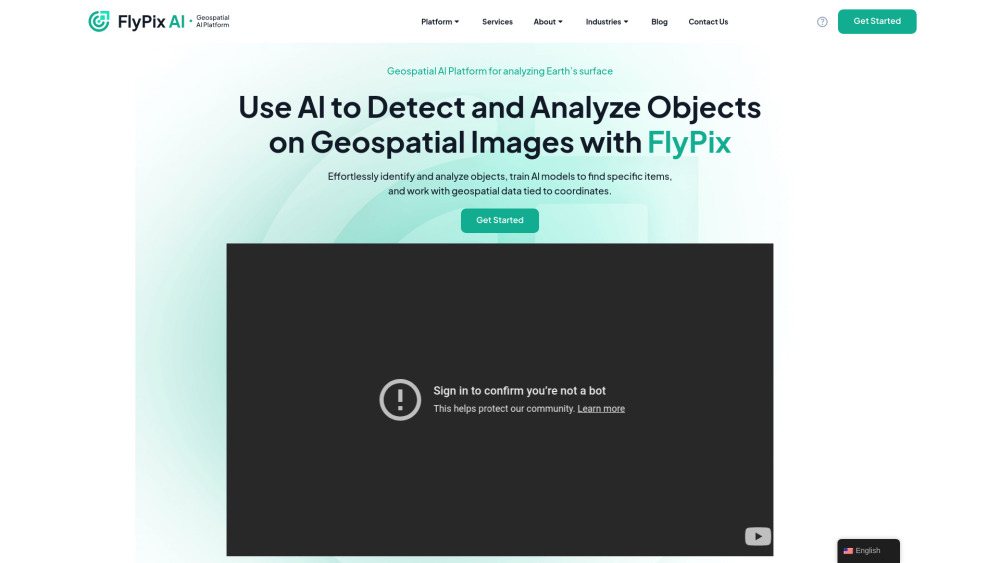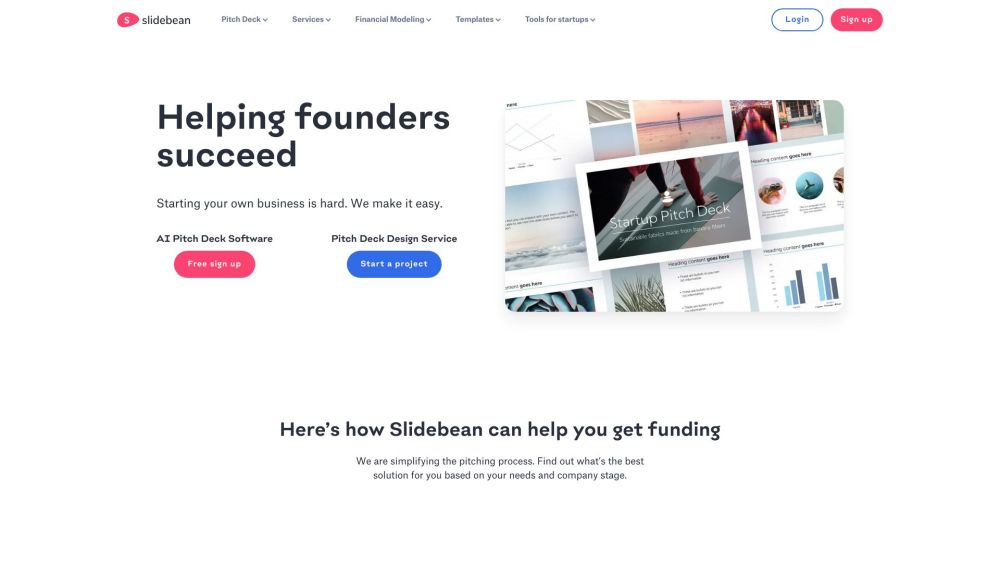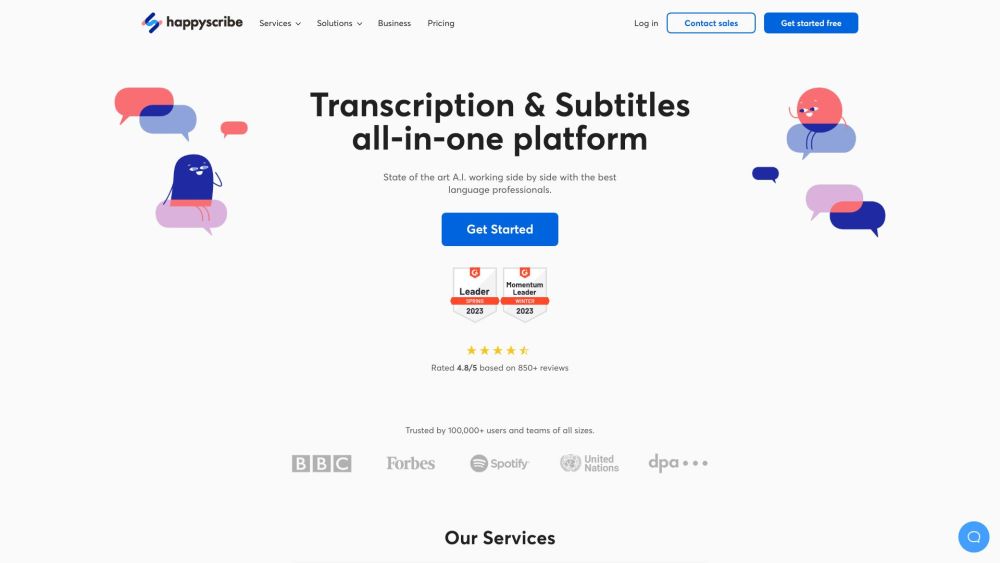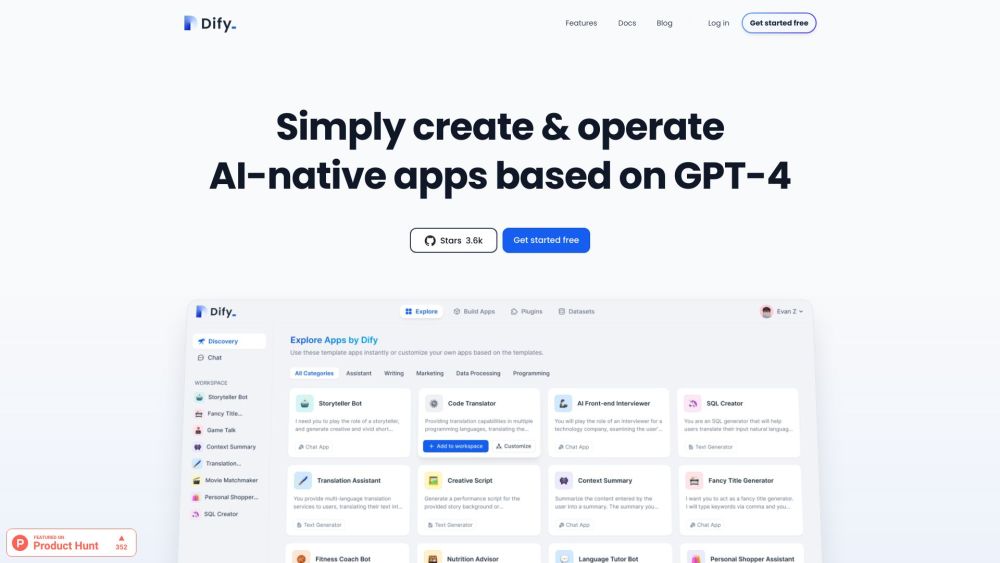A new startup, Letta, has emerged from stealth mode with innovative technology designed to help AI models remember users and conversations. Recently spun out from UC Berkeley’s renowned startup incubator, Letta has secured $10 million in seed funding, led by Felicis’ Astasia Myers, resulting in a post-money valuation of $70 million.
Letta is supported by prominent angel investors in the AI sector, including industry leaders like Jeff Dean from Google, Clem Delangue of Hugging Face, Cristóbal Valenzuela from Runway, and Robert Nishihara of Anyscale.
Co-founded by Berkeley PhD students Sarah Wooders and Charles Packer, Letta's launch is highly anticipated due to its connection to Berkeley’s Sky Computing Lab, which is the commercial arm of the widely recognized MemGPT open-source project. The Sky Computing Lab, directed by the distinguished professor and Databricks co-founder Ion Stoica, has a legacy of producing successful companies, including Anyscale and Databricks, as well as a suite of popular open-source large language model (LLM) projects such as Gorilla LLM and vLLM.
“Numerous projects emerged rapidly from the lab within just a year,” Wooders explained. “It truly was an incredible time."
MemGPT stands out as one of these innovative projects, generating significant buzz even before its official launch.
“Someone scooped us,” Packer shared. Following the release of their whitepaper on October 12, 2023, the founders were eager to unveil a more comprehensive paper and code the next week. However, a prompt Hacker News user discovered their whitepaper and posted it, causing it to go viral before they could fully promote it. “It took off before we could release the code or a tweet thread,” he recounted.
The buzz surrounding MemGPT is attributed to its solution to a critical challenge faced by LLMs: their inherent statelessness. Models like ChatGPT often do not retain historical data, creating issues for AI applications that require a deeper understanding of users over time, ranging from customer support chatbots to healthcare symptom-tracking tools. MemGPT efficiently manages data and memory, allowing AI agents and chatbots to remember past interactions and users.
The original Hacker News post stayed at the top for 48 hours, as Packer spent the weekend answering inquiries while preparing the project’s code for release. Once the code was made available on GitHub, it went viral again, leading to YouTube interviews, Medium articles, and garnering 11,000 stars and 1.2K forks on GitHub within a short period.
Felicis’ Myers discovered Wooders and Packer through this virality, recognizing the commercial potential of their technology.
“I saw the paper as soon as it was released,” she said, reaching out to the founders. “Our investment theme centered on AI agent infrastructure, and we realized that effective data and memory management were crucial components.”
The founders conducted virtual meetings with various VCs before choosing to collaborate with the one that appreciated their vision first. Meanwhile, Stoica facilitated connections with prominent Silicon Valley investors, illustrating the strong network of Berkeley professors. “Being at Berkeley gained us easy access to well-connected individuals in the community,” Packer noted.
As MemGPT gains traction, Letta's commercial offering, Letta Cloud, is not yet publicly available, but it is currently open for beta user requests. The service will provide a hosted agent platform for developers to deploy stateful agents in the cloud, accessible via REST APIs, which allows for persistent state management. Letta Cloud will handle the long-term data needed for these applications and offer developer tools for building AI agents.
According to Wooders, the potential applications for MemGPT are extensive. “The most common use case we anticipate is highly personalized and engaging chatbots,” she stated, mentioning innovative possibilities such as a chatbot for cancer patients to log their history and ongoing symptoms, allowing the bot to learn and provide guidance over time.
MemGPT is not the only player in this field. LangChain is its most recognized competitor, already offering commercial solutions alongside major AI model developers like OpenAI's Assistants API.
Moreover, OpenAI's recent o1 model presents challenges for implementing state management as it requires retaining state to function effectively. Yet, Wooders, Packer, and Myers emphasize the unique attributes that Letta brings to the table. They claim Letta can integrate with various AI models—OpenAI, Anthropic, Mistral, and more—while OpenAI’s technology is currently limited to its own ecosystem.
Crucially, Letta is committed to utilizing the open-source MemGPT, positioning itself as an open alternative in the FOSS versus proprietary LLM landscape.
“We aim to be the open alternative to OpenAI,” Packer asserted. “Building high-quality AI applications is increasingly difficult, especially when addressing issues like hallucinations, if the underlying processes remain obscured.”




